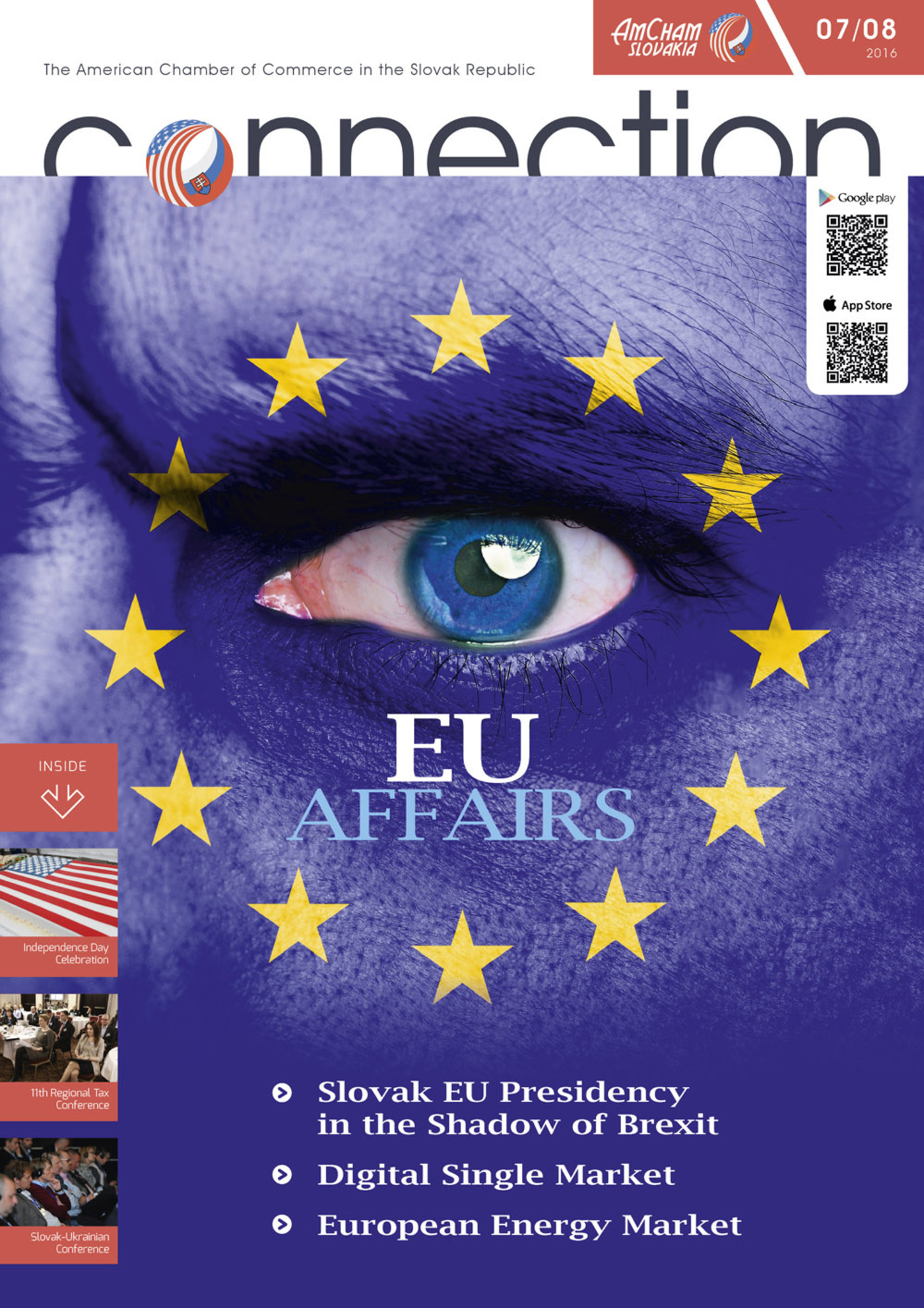The evolving market
Following market liberalization, distribution system operators (DSOs) in the EU have remarkably redefined their business. A literal majority of them were part of vertically integrated entities until 2007. Liberalization required DSOs to undergo massive structural changes (i.e. unbundling, rebranding) in order to become a neutral and non-discriminatory platform for generators, suppliers, and end-users.
Along with market liberalization, other events have also influenced the character of today´s DSOs. One of these is the increased production of renewable energy in the EU, which is commonly connected to the grid at the distribution level, unlike big conventional or nuclear units. The connection of renewable sources has significantly increased the number of “injection points” to the distribution grid, which previously had been primarily served by the transmission grid. Furthermore, the production curve of most renewable sources is intermittent; hence grid operators have to manage unpredictable power flows in order to keep their grid secure and stable.
The second event that has affected the modus operandi of DSOs is changing customer behavior. Customers’ increased awareness of their consumption levels and energy saving options, which were triggered by the EU´s energy and climate targets, have motivated customers to switch their preferences. The digitalization of the grid (smart metering, smart grid) has handed additional power to the consumer, including more information and choices. On the other hand, the digitalization of the grid has exposed DSOs to new threats; indeed cyber security, privacy protection and data management are fast becoming new phenomena in the network industries.
New roles for DSOs
Indisputably, the digitalization of the grid is creating new opportunities. In the EU, there are no common regulations on data management. Generally, metering is considered to be part of the DSO’s business. Until recently, metering data was only used for invoicing purposes. Today, energy data are considered gate-keepers for a variety of energy efficiency services with which energy service providers analyze consumption data and recommend customers feasible ways by which to cut their energy bills. However, the deployment of smart meters has triggered new questions that go beyond those regarding pure data ownership, to include cyber security and privacy protection.
Secondly, the massive penetration of renewable sources backed by priority dispatching, and in many cases by compulsory take-over, has also influenced the traditional role of DSOs. Given the fact that in certain periods of the day the amount of injected production overlaps with the consumption curve, DSOs are forced to carry out balancing activities in order to maintain the security of supply. The addition of aggregators combined with a foreseen massively increased demand side response are further fostering the need for balancing at the DSO level.
Finally, the target of the Energy union is to achieve a fully-integrated internal energy market. The EU countries should gradually move from a mainly national to a more regional approach to security of supply. No doubt that this calls for a new infrastructure to be set up as well. Historically, DSOs have been treated as persona non grata when it comes to cross border power flows. Nevertheless, in order to achieve the stated goal of the Energy union, the EU needs strengthen its internal energy infrastructure at the distribution level accordingly. Enforcing cross border DSO connections should have a positive impact on regional energy security and may result in better retail price convergences as well.
As one can see, the changing energy market provides both challenges and opportunities for DSOs. Respecting the principle of subsidiarity, the growing responsibilities of DSOs shall result in a stronger role for DSOs in the new energy reality.
Changing from one-way corridors to electricity highways
Today, policy makers, regulators and energy companies are evaluating a variety of scenarios on how to deal with the changing energy market. Indeed they are doing this through developing areas like big-data management, grid balancing, and strengthened regional electricity flows.
It is evident that successful energy transition is impossible without changes in the role of DSOs. Current regulatory regimes are insufficient to achieve the above objectives. However, there are very valuable lessons to be learned from the past that might be used when the new energy reality is set. Whatever the final model will look like, it is evident that DSOs can no longer remain a static part of the energy value chain; rather they need to take on new responsibilities. Moreover, the former relationship between transmission system operators and DSOs based on the clear subordination of DSOs appears to be a rule without applicability in the future. It is therefore essential to define the level of involvement DSOs will have in turning the EU´s electricity grid from a one-way corridor to an electricity highway.
Tomáš Šipoš, Head of Regulatory Affairs, Západoslovenská distribučná, a.s.



Follow us